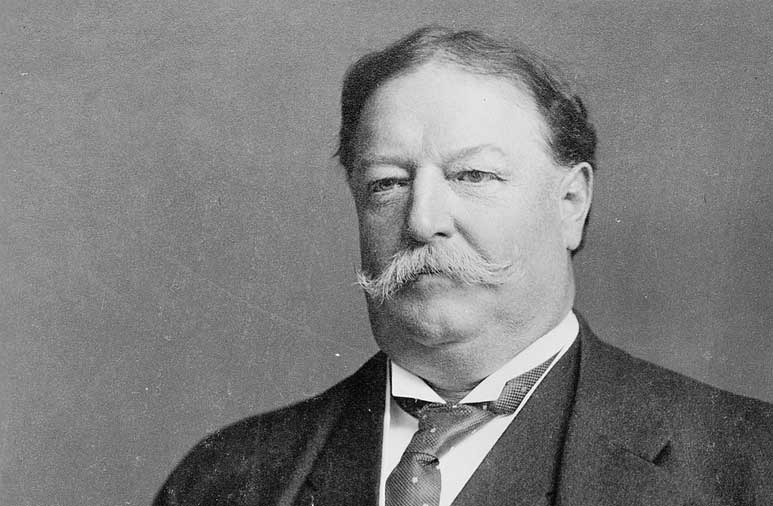
POTUS 27 and Dissertations
September 15th marks the birthday of the 27th President of the United States. Here’s some words of wisdom from William Howard Taft that you can apply to your dissertation…
Don’t write so that you can be understood, write so that you can’t be misunderstood.
— William Howard Taft
I thought this was an interesting take on a problems that is certainly apropos for dissertation students. Scholarly writing must be very precise. It must convey your exact meaning without ambiguity. Don’t say “people” when you mean “adults” or “adults” when you mean “men.”
It can be difficult for new dissertation students to fathom the number of ways that someone can misinterpret one’s writing. When you proofread your own work, ask yourself if your writing is clear, if it is precise. Then proofread again, but this time ask how else could someone interpret this passage.
If ever decide to create your own survey instrument — not for your dissertation, use existing instruments for now — then you will need to validate the instrument.
One of the ways you do that is a face validity check, which basically involves sitting with perspective participants as they complete the survey. As they respond to each question, you talk about their answer. You’re not concerned with the actual answer, but rather their thought process in arriving at the answer.
A landscape company ask about “you grass.” They might be surprised to find out that some participants think about marijuana. An HVAC company asks if “your bedroom is cool enough.” But, some people consider whether their room looks cool, not temperature.
Never underestimate the ingenuity of people to totally misconstrue anything you say, or write.
Enthusiasm for a cause sometimes warps judgment.
— William Howard Taft
I’ll keep ringing this bell ’til the cows come home…
Some of the worst advice you’ll ever get from your university or committee chair is to find a topic that you’re passionate about.
When you’re passionate about your topic, you’re more likely to strive for perfection. Good enough will do.
When you’re passionate about your topic, you’re more likely to resist your committee’s feedback in favor of your own ideas. You graduate when your committee says, “yes,” and that’s a lot less likely when you’re telling them, “no.”
Your dissertation is not meant to change the world. It’s not gonna cure cancer. It’s not gonna end hunger. It’s not gonna bring about world peace. The course of western civilization will be largely unchanged whether you finish your dissertation or not — whatever your topic.
Your dissertation is a means to an end. That end is graduation. After you graduate, your have your whole life to do your life’s work. Go out and change the world then. But, graduate first.
